Solar cookers to save Madagascar’s forests
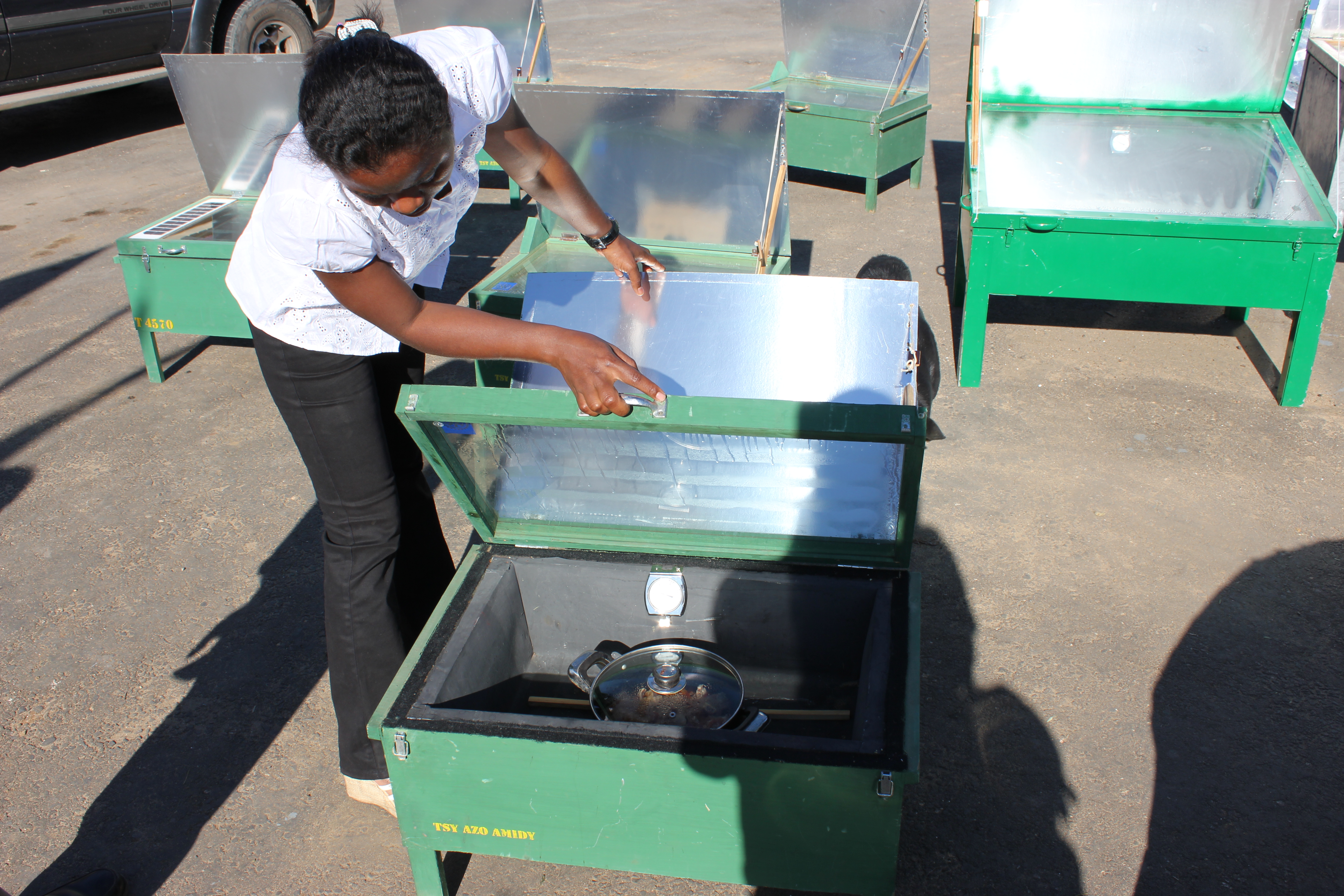
Each year, 200,000 hectares of forest vanish in Madagascar as trees are cut down to provide wood for heating and charcoal for cooking.
One Swiss organisation is trying to turn the tide, backing the production of solar cookers as a more eco-friendly alternative to the combustion stoves used by much of the population.
All along the 1,000 kilometres of the road leading from the capital Antanarivo to Tuléar, the main town in the southwest, the landscape is barren except for a few trees, the lone witnesses of the forests that once stood there.
These trees will probably meet the same fate, cut down to be transformed into charcoal and sold by the bag along the roadside.
Over the past 20 years, one million hectares of forests have been destroyed, with just ten per cent remaining on the island. Specialists say that in another 50 years, there will be no forests left on Madagascar.
Nicknamed the Green Island, it is now slowly becoming a desert. Erosion, a lack of water and loss of biodiversity are the main consequences of this deforestation.
The causes are to be found in the country’s economic situation and demographic development since its independence in 1960. The population grew from four to 20 million while the economy stagnated.
Today, three out of four Malagasys live in poverty and burning down forests
to replace them with rice paddies is more about survival than economics.
Close to hand and available at no cost for a long time, wood is mainly transformed for domestic use.
“Eighty per cent of the trees cut down in Madagascar are used to cook food,” explained Otto Frei, the coordinator of Swiss non-governmental organisation ADES (Association for the Development of Solar Energy) , which has been producing solar cookers on the island for a decade.
“The Malagasys don’t cut down trees for fun. In the Tuléar region, three years of drought and the collapse of the cotton industry mean that farmers have turned to charcoal production as a way of surviving.”
Alternative energy
For ADES, this means that other methods of producing energy must be made available to the local population.
Regula Ochsner, the NGO’s founder, latched on to solar power as a response when she began work on the island in 2001. Around Tuléar, there are around 300 days of clear weather per year, with an average of six hours of sunshine – ideal conditions for solar energy.
Since its creation, ADES has sold more than 6,000 solar cookers to households and schools. They are produced semi-industrially in different parts of the country and sold for around SFr15 ($18.80) per unit – less than 20 per cent of what they actually cost – to be competitive with wood and charcoal.
But lower costs have not automatically led to success. “It takes too long to cook and the food doesn’t taste as good,” said the three cooks at the Salines de Tuléar school.
The establishment is an ADES partner and has three solar cookers. But at lunchtime, with the sun high in the sky, the cookers are in storage.
Meanwhile, the three new wood-burning stoves are getting a workout. “It takes too long to prepare food for 350 children with solar cookers,” the cooks told swissinfo.ch. “Every time a cloud drifts across, proper cooking is not ensured.”
Changing habits
Local habits seem to be the main obstacle to the project’s success.
“That’s why we follow up the households that purchased one of our cookers,” said Anatolie Razafindrafeno of ADES. “Around 15 to 20 per cent don’t understand how to use the cookers properly.”
The taste of the food cooked in the cookers is also supposedly closer to that of the ingredients. “But people have become used to eating overcooked food,” added Razafindrafeno.
And solar cookers cannot be used to prepare a staple of the locals’ diet, ranovola, which is water that is boiled with burnt cooked rice and served with most meals. The same goes for anything with grilled meat or fish.
To overcome this, ADES began producing stoves that use 50 per cent less charcoal.
“We have already sold over 5,000 and we can’t keep up with demand,” said Razafindrafeno.
Many of the purchasers are small restaurants because it helps cut their costs. With fewer and fewer trees to cut down, the price of charcoal has risen around a third over the past years, and more than doubled during the rainy season.
Against the clock
ADES has diversified its solar activities over the years and become a major actor in the field on the island. Staff in Tuléar are working on a solar oven with photovoltaic cells that could run a radio or recharge a mobile phone.
Solar parabolic dishes, which can grill food at temperatures up to 600 degrees Celsius – versus 150 for a solar cooker – are also being considered.
The NGO hopes to supply much of southern Madagascar’s population with solar installations by 2030.
“It’s only a drop in the ocean,” admitted Frei. “We hope to get something started, but much bigger projects are needed to save Madagascar’s forests. But will we have enough time?”
Founded in 2001, ADES produces around 1,000 solar cookers and 5,000 improved stoves per year in Madagascar. It employs approximately 100 people on four production sites on the island.
The solar cookers can reach temperatures of around 150 degrees Celsius, ideal for vegetables or cakes. They are basically an insulated box inside which heat is generated by reflected sunlight. Most materials used are imported from Switzerland.
Financing is currently guaranteed by private donations. Within the next three years, CO2 certificates purchased by the Swiss myclimate foundation should ensure the organisation’s financial independence. Each solar cooker reduces CO2 emissions by 2.5 tons per year.
Besides forest and climate protection, the NGO’s goals include fighting poverty by creating jobs and reinforcing women’s networks with educational programmes.
ADES founder Regula Ochsner last year received the Brandenberger Prize, worth SFr200,000, for her work promoting natural resources and her pioneering use of solar energy in Madagascar.

In compliance with the JTI standards
More: SWI swissinfo.ch certified by the Journalism Trust Initiative





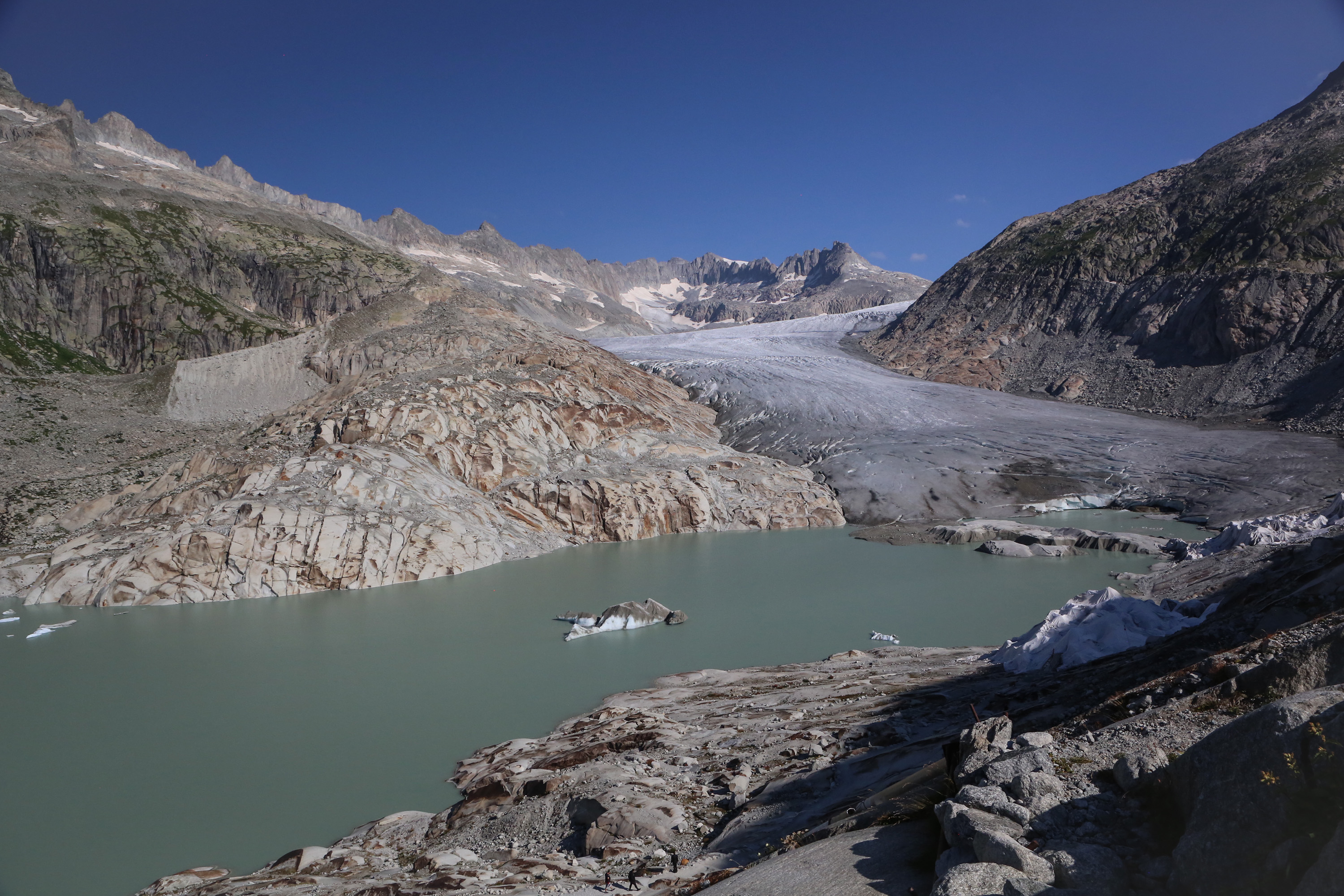



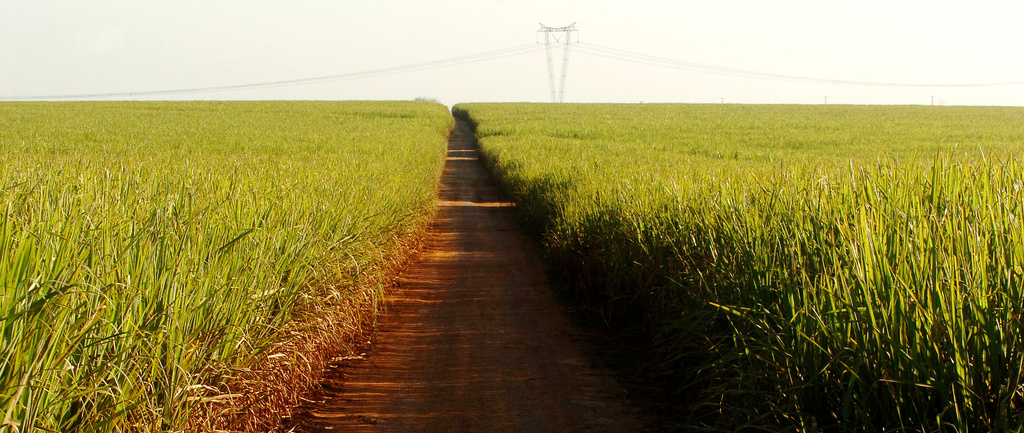
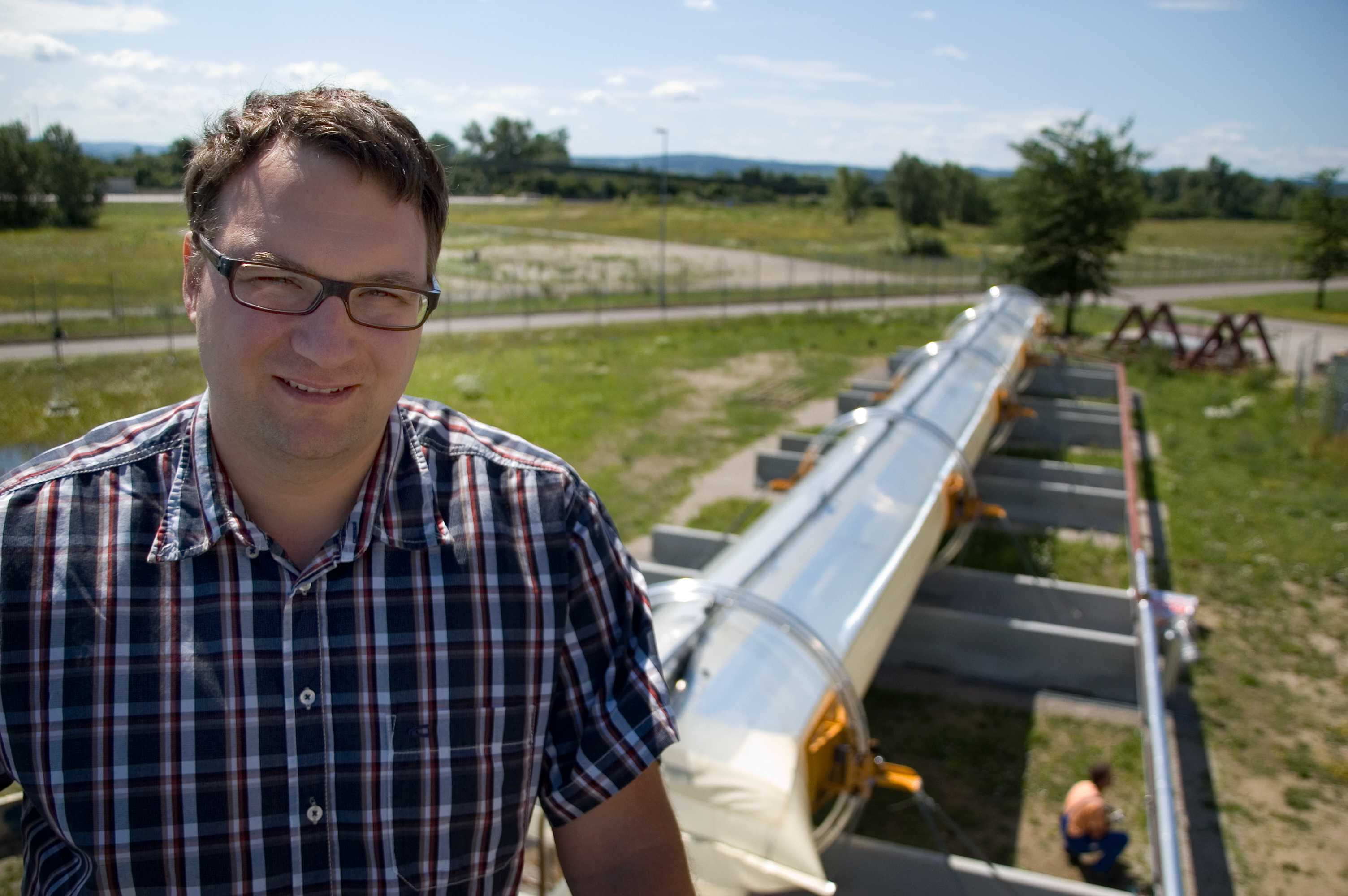
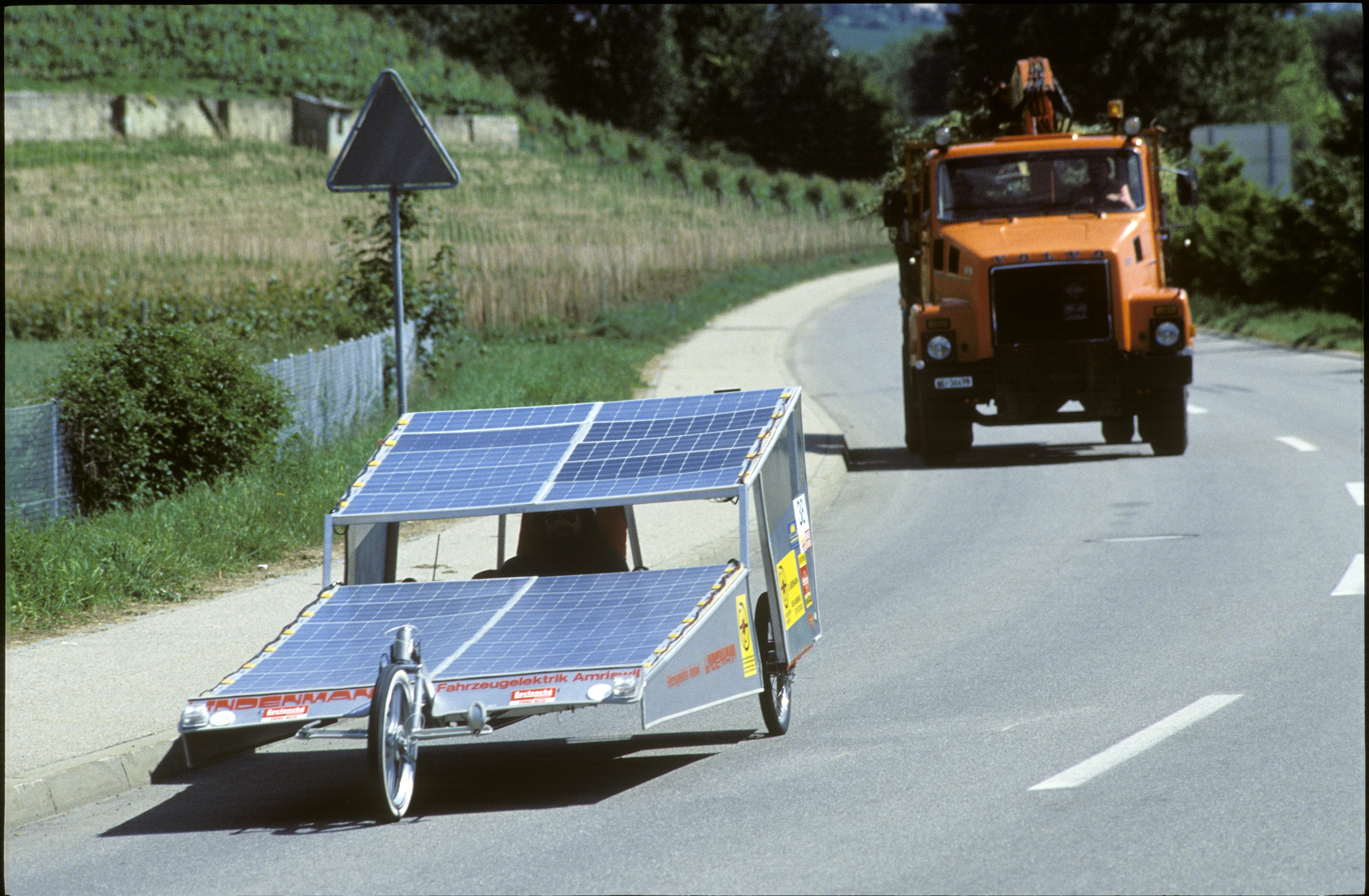

You can find an overview of ongoing debates with our journalists here . Please join us!
If you want to start a conversation about a topic raised in this article or want to report factual errors, email us at english@swissinfo.ch.